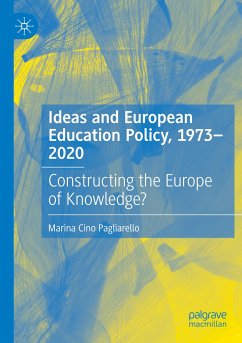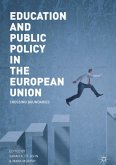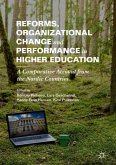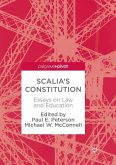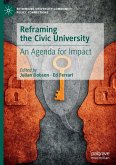This book analyses the transformation of European Education Policy from 1973 to 2020. In doing so, it offers a unique insight into the changes of European education from a predominantly national concern to a supranational policy framework, driven by an economic discourse concerning productivity and employability. The book shows that the idea of the "Europe of Knowledge" did not originate in the Lisbon Strategy of 2000, but rather was the result of a gradual development that started in the mid-1980s. This begun with the establishment of a specific problem definition of education as a solution for Europe's lack of competitiveness, a definition that was incrementally constructed by the European Commission and the European business community. Highlighting significant and unexplored questions such as the role of European transnational business in education and the role of the "problem entrepreneur" in defining policy issues, this book will provide a comprehensive perspective on European Education Policy that will be of interest to all students of European Politics, Education Policy, and Public Policy.
Bitte wählen Sie Ihr Anliegen aus.
Rechnungen
Retourenschein anfordern
Bestellstatus
Storno

